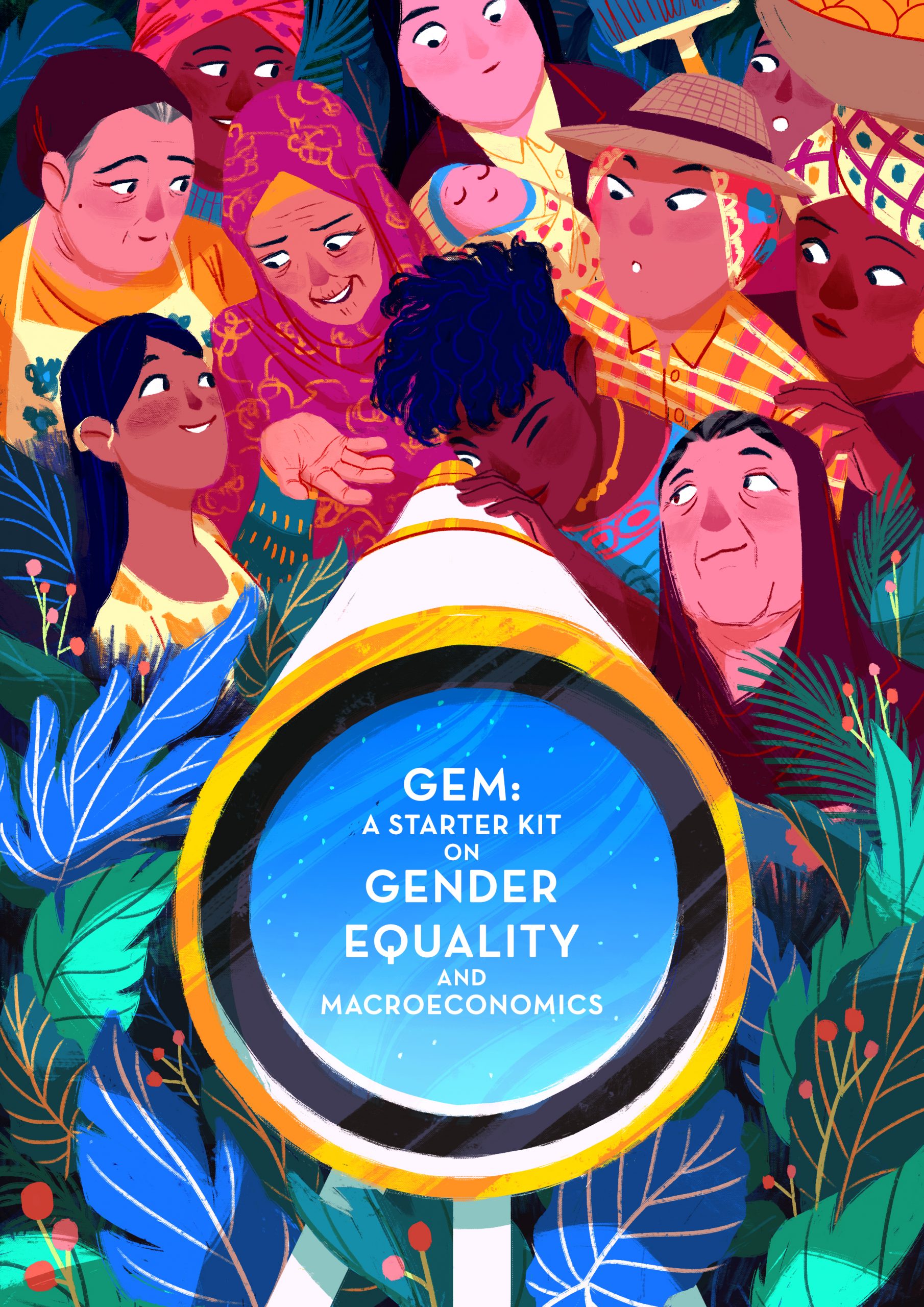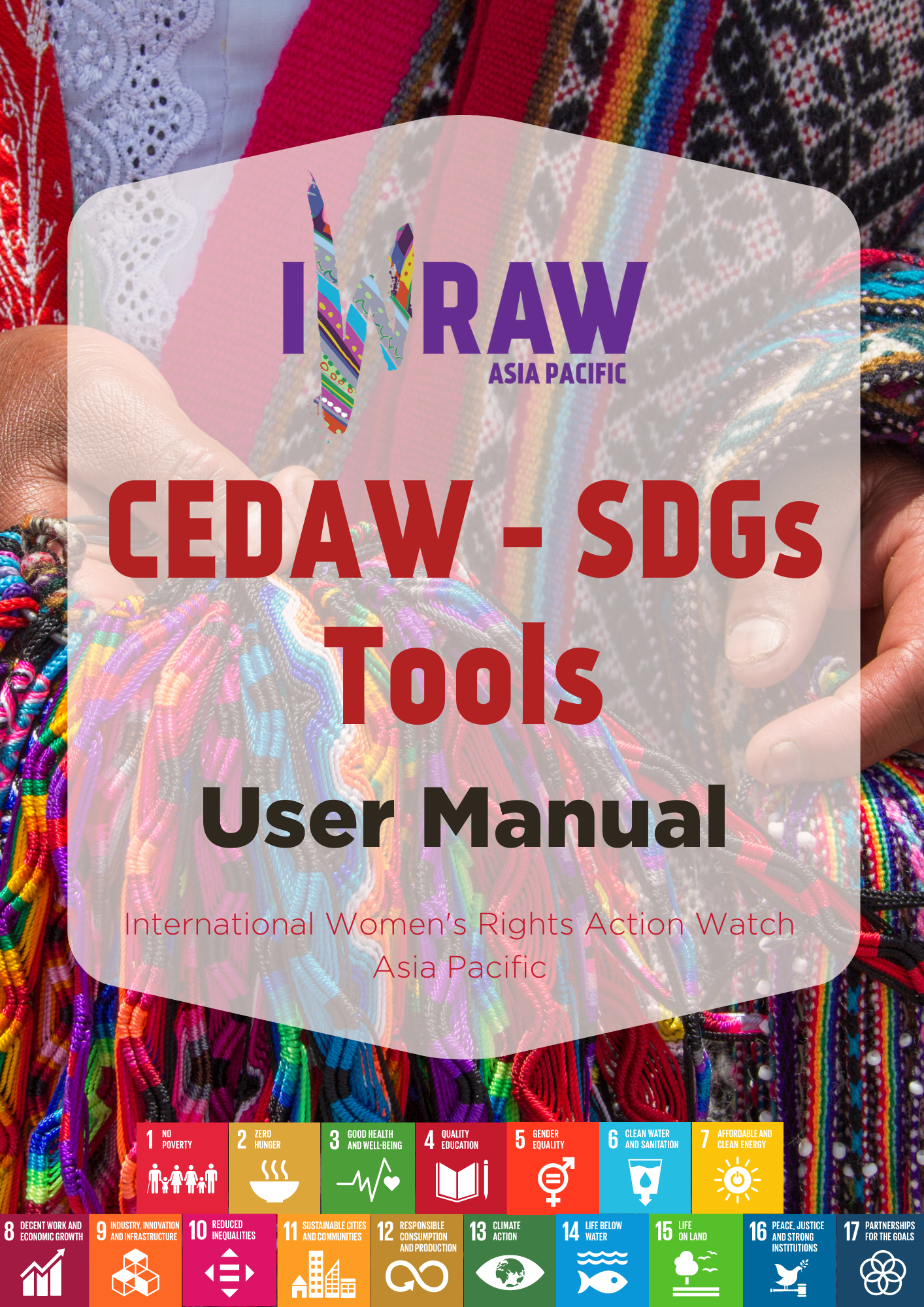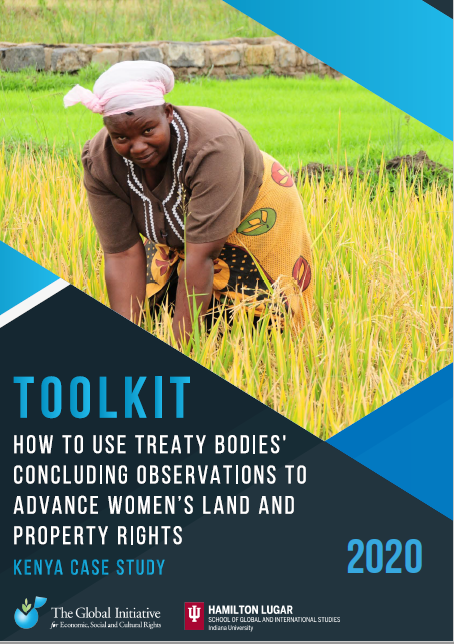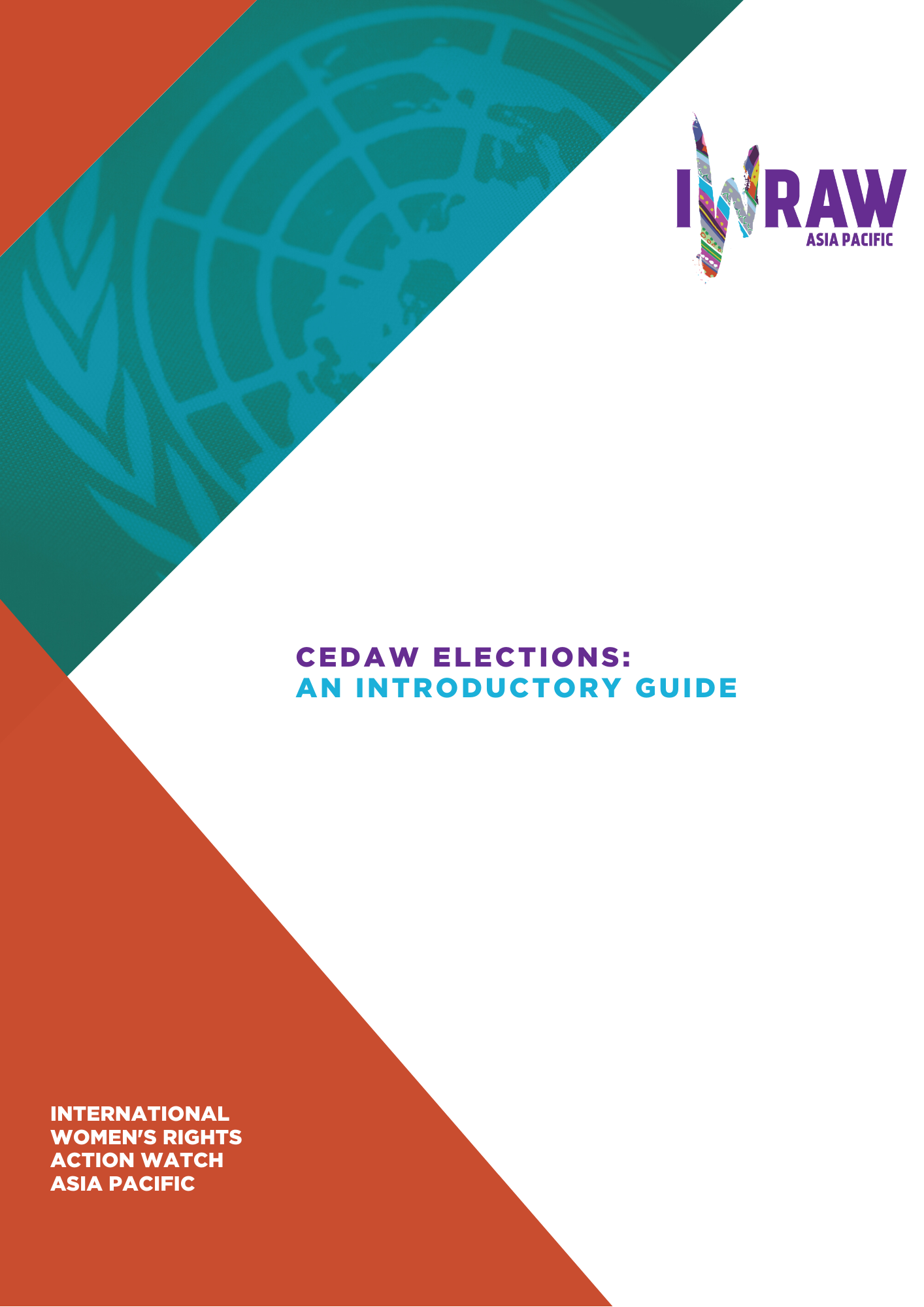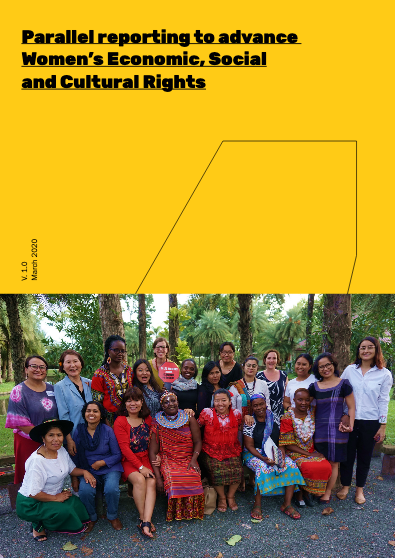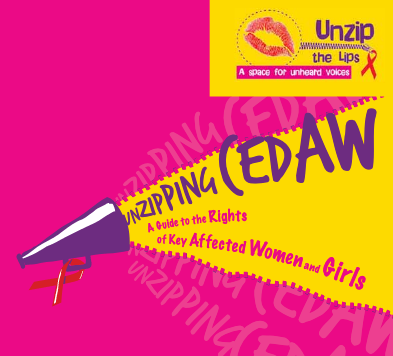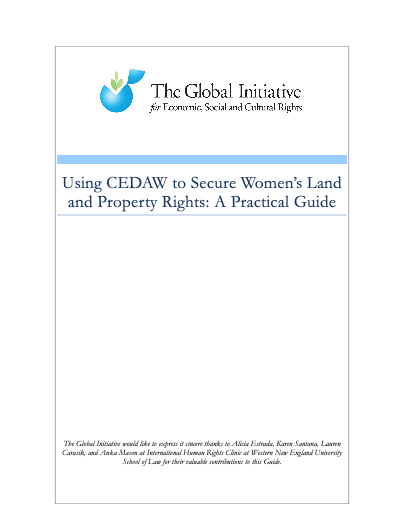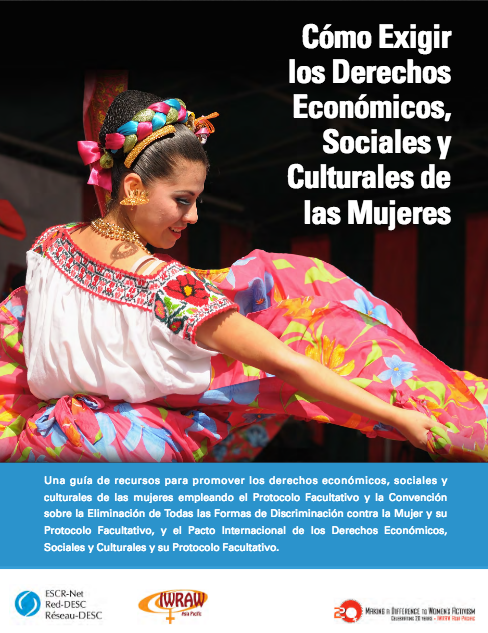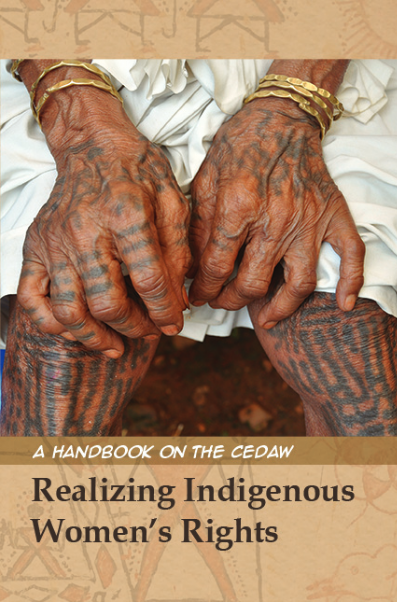GEM: A Starter Kit for Feminist Analysis into Macroeconomics
December 2022
The Gender Equality and Macroeconomics (GEM) Starter Kit aims to demystify and challenge macroeconomic policies. Through this kit, we hope to encourage more women’s rights organisations to look into macroeconomics policies and their effects, and incorporate this analysis into the work they are undertaking. Moreover, we hope to encourage activists and researchers working on economics […]
Read MoreCEDAW-SDGs Tools User Manual
March 2022
In September 2015, the United Nations General Assembly adopted the 2030 Agenda for Sustainable Development which resolves to take action for people, planet, prosperity, peace and partnership through a commitment to 17 Sustainable Development Goals (SDGs). Despite their lofty intentions, Agenda 2030 and the SDGs have been criticised for failing to center existing international commitments, […]
Read MoreThe United Nations Committee on Elimination of Discrimination Against Women: A Guide for Organisations of People with Disabilities
September 2020
This 22-page guide from the European Disability Forum, available both as a PDF and as a Word document, explains CEDAW and provides a step-by-step overview of the CEDAW review and complaints processes.
Read MoreHow to Use Treaty Bodies’ Concluding Observations to Advance Women’s Land and Property Rights
June 2020
This toolkit from the Center for the Study of Global Change at Indiana University and the Global Initiative on Economic, Social and Cultural Rights (GI-ESCR) provides advocacy information and advice, together with a case study on women’s land and inheritance rights in Kenya, to illustrate how Concluding Observations can be used as leveraging tools at […]
Read MoreCEDAW Elections: An Introductory Guide
March 2020
A six-page PDF on the CEDAW election process, including timeline for the 2020 elections, information on regional representation among candidates, and how NGOs can get involved to ensure that CEDAW Committee members have a strong track record of advocating for women’s human rights.
Read MoreParallel Reporting to Advance Women’s Economic, Social and Cultural Rights
March 2020
From ESCR-Net’s Project Altavoz, this guide provides an overview of parallel reporting and how the process works, including engagement with treaty bodies, follow-up to concluding observations, and preparation of parallel reports. 30 pages, PDF.
Read MoreUnzipping CEDAW: A Guide to the Rights of Key Affected Women and Girls
2016
Unzip the Lips’ 12-page guide in PDF format outlines why and how to engage with CEDAW to further the sexual and reproductive health and rights of key affected women and girls, including use of CEDAW to advance the rights of trans people, sex workers, and other marginalised groups.
Read MoreUsing CEDAW to Secure Women’s Land and Property Rights: A Practical Guide
2014
This 32-page PDF from the Global Initiative for Economic, Social and Cultural Rights provides an overview of CEDAW and key actors, and explains how NGOs can use and engage with CEDAW review processes, including preparation of parallel reports.
Read MoreCómo Exigir los Derechos Económicos, Sociales y Culturales de las Mujeres
May 2014
Una guía de recursos para promover los derechos económicos, sociales y culturales de las mujeres empleando el Protocolo Facultativo y la Convención sobre la Eliminación de Todas las Formas de Discriminación contra la Mujer y su Protocolo Facultativo, y el Pacto Internacional de los Derechos Económicos, Sociales y Culturales y su Protocolo Facultativo. PDF de […]
Read MoreRealizing Indigenous Women’s Rights: A Handbook on the CEDAW
2013
In its 238 pages, this handbook by Eleanor Dictaan-Bang-oa and Helen Tugendhat outlines the situation of indigenous women in Asia, explains basic human rights principles and how to use CEDAW, and compiles General Recommendations and Concluding Observations relevant to the rights of indigenous women. Published by Asian Indigenous Women’s Network, Forest Peoples Programme and Tebtebba.
Read More

